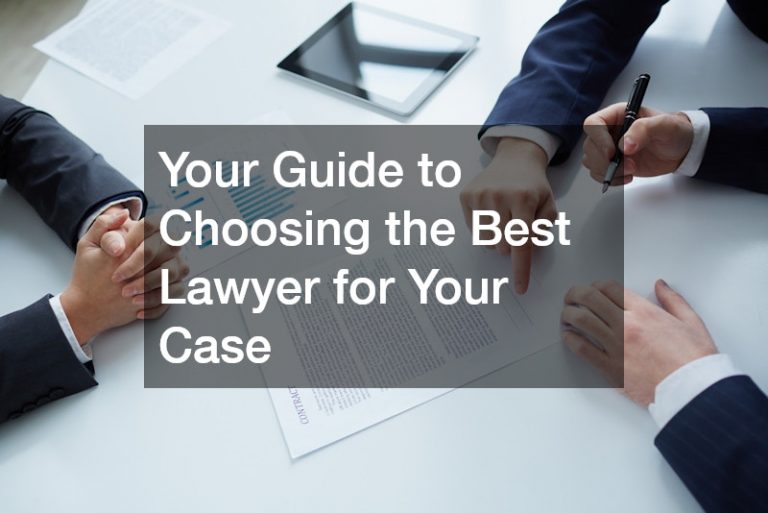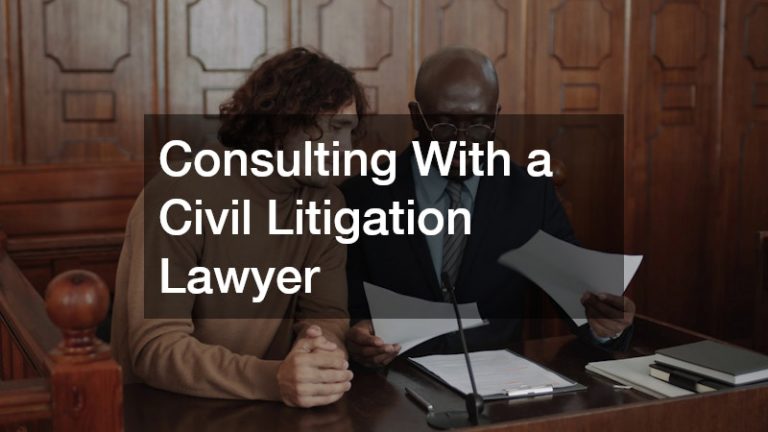

Being in debt is one of the most stressing situations you wouldn’t want to be in. Whether you forgot to pay or you are simply behind in honoring your bills, debt collectors can make your life a living a hell, especially if you don’t come to an early agreement. Over the years, bill collectors have had a bad reputation due to numerous reported cases of harsh collection tactics. It’s for this primary reason that federal agencies came up with debt collection laws that ensured utmost professionalism and sincerity in the debt recovery processes
This saw the introduction of the Fair Debt Collection Practices Act, which is the federal law that governs the relationship between the collection agencies and the consumers. The act simply dictates your rights as a debtor and the legal approach debtors must use to collect the debt you owe fairly. The FDCPA covers debts like an outstanding medical bill, loan on your car, your mortgage and other personal or family debts. Here are some important elements to keep in mind when dealing with a third-party debt collection agency.
Initial contacts
According to debt collection law, bill collectors must inform debtors outrightly of their rights to dispute the validity of the debt. As a debtor, it’s your right to know how much you owe in debt, who’s the creditor and the verification of the debt. The law provides clear ways to which this information can be made available to the debtor. It could be in oral or written form provided they stick to the rules and confirms that they are actually bill collectors.
Although debt collectors are free to contact debtors, they are are only allowed to make contact between 8 and 9 at night. Past that time, they’ll be breaching the FDCPA, and this is something you can bring up with your debt collection attorney to seek legal restraint.
Disputing debts
While it’s your right to seek clarification and verification of your debts, it has to be in line with the debt collection laws. Your request must be in written form, and it must be submitted within the 30 days window period after your initial contact with the collector. Any further contact from the collector is unlawful until the debt is verified.
Upon receiving your request, the debt collection agency must provide every single detail that verifies your debt and the original creditor. If such information won’t be made available to you, then the law covers you against any debt collection practices.
Stop the calls
Some rules govern how often a collector is supposed to call you. Unfortunately, some unethical collectors will call you even when you are at work. Others will go ahead and contact your friends or family members into giving up your location or whereabouts. Based on debt collection laws, this is harassment and it’s considered a violation of the FDCPA. To change the mode of communication between you and the collector, you can apply for a cease communication letter. This letter can also be used to terminate any communication by the debt collector permanently. To avoid the constant pressure, hire a debt lawyer who’ll be dealing with the collector directly on your behalf.
Abusive collector
Under the fair debt collection law, any attempt by the collector to use violence, force, harassment, abusive language to collect a debt is considered illegal. Constantly calling the consumer or using any unethical method to reach the consumer is also unacceptable. If you feel that the collector is using illegal debt collection methods, you can ask them to desist.
Finally, a bill collector is expected to fully identify themselves when contacting you. The law prohibits collectors to falsify their identity and using deceptive tactics in the debt collection process. Watch out for these unethical practices to avoid falling into the wrong hands. Lastly, ensure you keep copies of all written interactions between you and the debt collectors as they can serve as evidence in your case.



